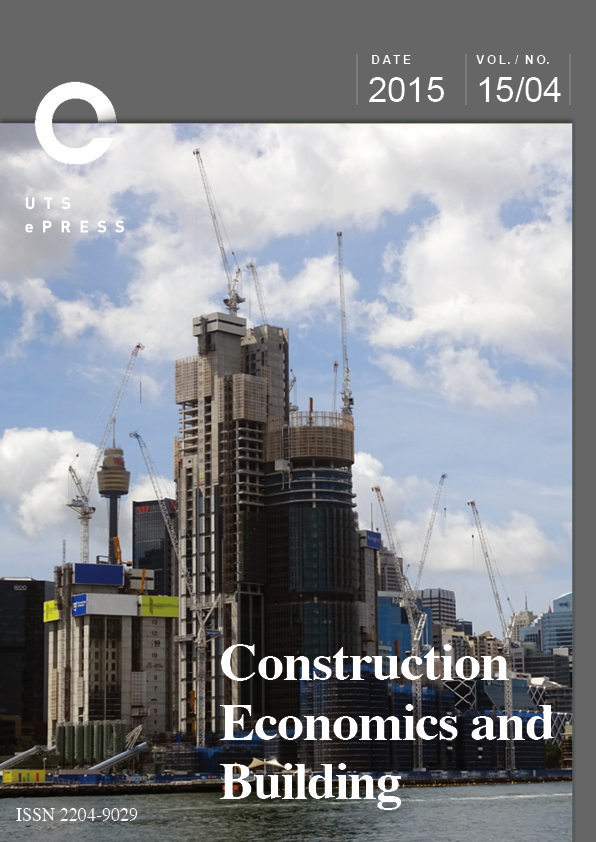Critically Reflective Pedagogical Model: a Pragmatic Blueprint for Enhancing Learning and Teaching in Construction Disciplines
Main Article Content
Abstract
University lecturers who aspire to provide an improved learning experience for their students continually, and be recognised for high quality teaching should embrace a critically reflective practice. Nonetheless, developing as a reflective lecturer is challenging, although there are pedagogical literatures as general guidelines. This study introduces a new pedagogical model of critically reflective practice to simplify the efforts for lecturers and to shorten their journey to becoming effective teachers. A two-phased action research strategy was adopted for the development and validation of the new model. The first phase operationalised the Brookfield’s four-lens framework to create a reflective teaching practice model, which was then validated with a case study in the second phase. The model offers a pragmatic blueprint for lecturers to build a career with sustained quality of teaching, which in turn translates into improved learning experiences for students.
Article Details
Section
Authors who publish with this journal agree to the following terms:
a) Authors retain copyright and grant the journal right of first publication with the work simultaneously licensed under a Creative Commons Attribution License that allows others to share and adapt the work with an acknowledgement of the work's authorship and initial publication in this journal.
b) Authors are able to enter into separate, additional contractual arrangements for the non-exclusive distribution of the journal's published version of the work (e.g., post it to an institutional repository or publish it in a book), with an acknowledgement of its initial publication in this journal.
c) Authors are permitted and encouraged to post their work online (e.g., in institutional repositories or on their website) prior to and during the submission process, as it can lead to productive exchanges, as well as earlier and greater citation of published work (See The Open Access Citation Advantage Service). Where authors include such a work in an institutional repository or on their website (ie. a copy of a work which has been published in a UTS ePRESS journal, or a pre-print or post-print version of that work), we request that they include a statement that acknowledges the UTS ePRESS publication including the name of the journal, the volume number and a web-link to the journal item.
d) Authors should be aware that the Creative Commons Attribution (CC-BY) License permits readers to share (copy and redistribute the work in any medium or format) and adapt (remix, transform, and build upon the work) for any purpose, even commercially, provided they also give appropriate credit to the work, provide a link to the license, and indicate if changes were made. They may do these things in any reasonable manner, but not in any way that suggests you or your publisher endorses their use.
